Question And Answer
Publications
Articles, publications, books, tools and multimedia features from the U.S. Institute of Peace provide the latest news, analysis, research findings, practitioner guides and reports, all related to the conflict zones and issues that are at the center of the Institute’s work to prevent and reduce violent conflict.
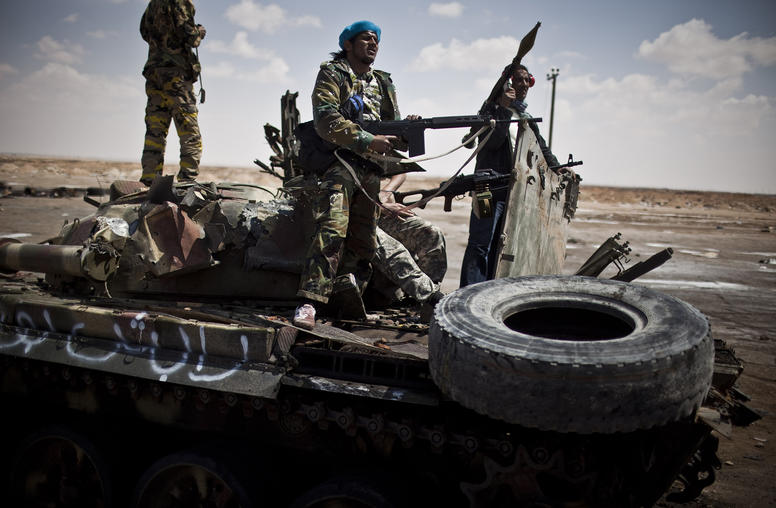
Foreign Interference Remains Key Driver of Libya Conflict
Libyan strongman Khalifa Haftar over a year ago launched his offensive to seize Libya’s capital, Tripoli, from the internationally recognized Government of National Accord (GNA). The battle for Tripoli had been at a stalemate for months until late May when hundreds of Russian military contractors, supporting Haftar’s Libya Arab Armed Forces (LAAF), retreated from fighting on the frontlines. The role of outside powers continues to drive Libya’s conflict, with Turkey, Egypt, the UAE, and Russia all heavily involved. Just yesterday, the U.N. mission in Libya said that the two sides agreed to resume cease-fire talks but did not say when these renewed talks would start.
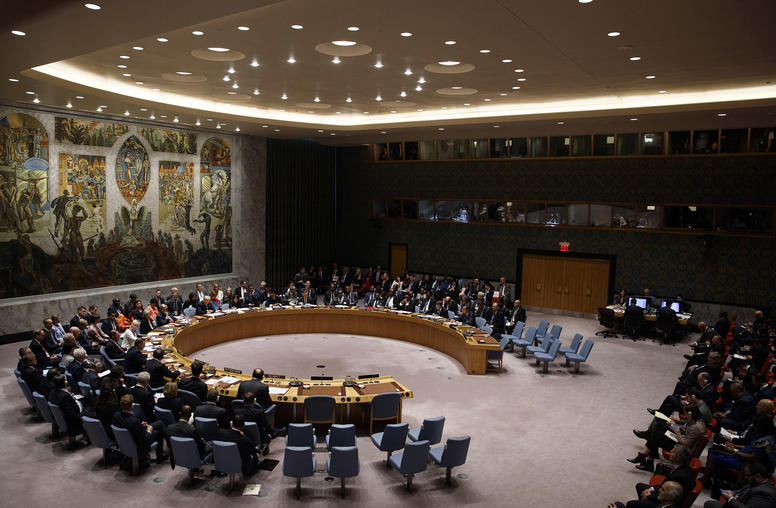
Is the International Community Missing an Opportunity To Advance Peace?
On March 23, U.N. Secretary-General António Guterres appealed for a global cease-fire to combat the COVID-19 pandemic. Yet over eight weeks later, the Security Council has not been able to muster consensus on a resolution to support even a humanitarian, time-limited cease-fire, despite early and repeated warnings about the potential devastation that the virus will bring to conflict zones.

Tyler Beckelman on Cooperation to Combat Coronavirus
A “mixed” response from the international community is threatening a worst-case scenario for fragile states facing COVID-19. USIP’s Tyler Beckelman says countries need to recognize “the best strategy for defeating the virus is defeating it everywhere” and cooperate on aid in fragile contexts.
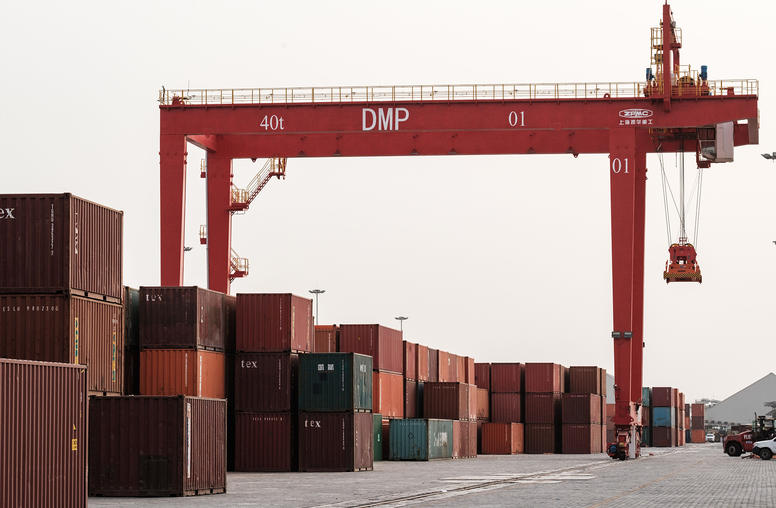
China’s Impact on Conflict Dynamics in the Red Sea Arena
This report focuses on China’s influence and activities in the region and its relationships with twelve Red Sea arena states: Djibouti, Egypt, Eritrea, Ethiopia, Oman, Qatar, Saudi Arabia, Somalia, South Sudan, Sudan, the United Arab Emirates (UAE), and Yemen.
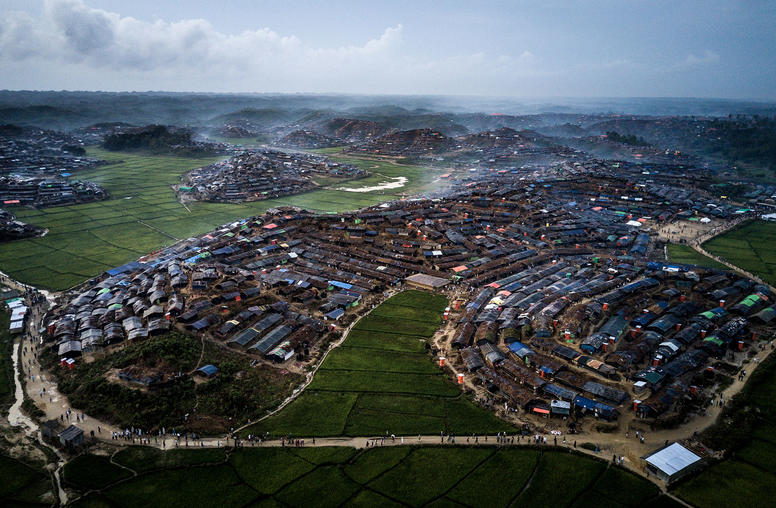
The Coronavirus Requires Global Cooperation—Now
As the world’s privileged cope with the COVID pandemic through telework and sheltering at home, millions of people face grim struggles for survival, packed into informal settlements or camps for people already displaced in war-torn or fragile states. Governments have missed opportunities for a stronger international response, partly because of great-power rivalries. The economically powerful Group of 20 nations and international financial institutions have made a start at buoying the world’s economy—but other multilateral forums are mired in stasis. The U.N. Security Council should act to get ahead of the pandemic in fragile states and seize the moment to advance peace in some of the world’s most intractable conflicts.
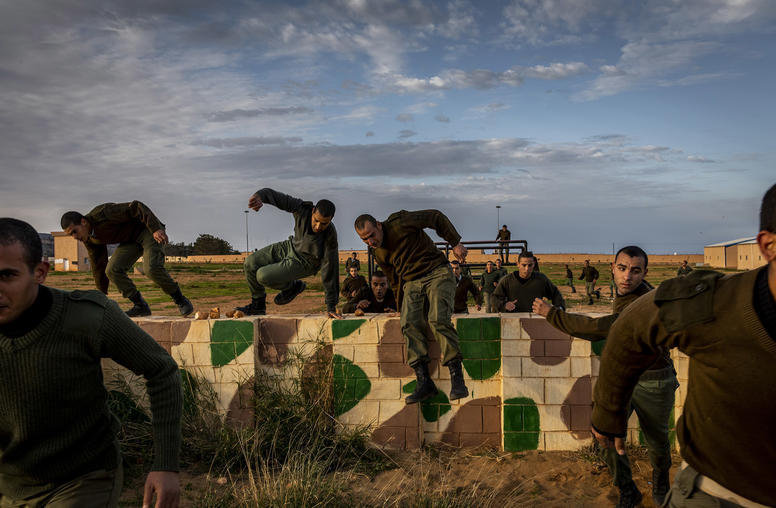
From Foreign Interference to Failed Diplomacy, Libya’s Conflict Drags On
Back in November 2019, the foreign minister of Libya’s U.N.-backed Government of National Accord (GNA), Mohammed Syala, told USIP that the key to ending Libya’s civil war was the cessation of foreign involvement. Yet, despite international efforts, foreign interference—from Turkey to the UAE, from Russia to European states—has only deepened. What’s next for Libya’s civil war and how can the U.N. and European Union (EU) play a constructive role in bringing the conflict to a close? USIP’s Nate Wilson and Thomas Hill discuss the EU’s effort to enforce an arms embargo, the impact of the conflict on Libyan society, Turkey’s involvement in Libya and more.
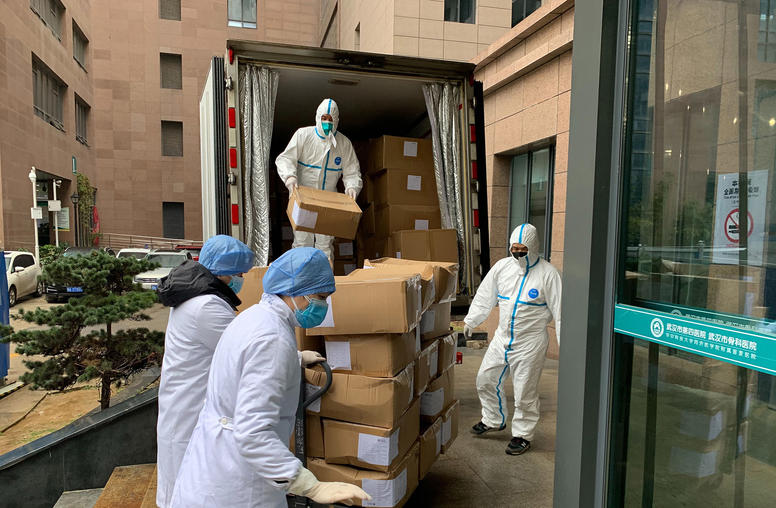
Coronavirus Crisis: U.S.-China Media War Couldn’t Come at a Worse Time
China’s move to expel U.S. journalists from the country last week comes at a time of great need for accurate information about COVID-19. The move is part of a broader Chinese effort to control the global narrative about the pandemic and is especially dangerous right now—as cracking down on foreign media further undermines trust in China’s ability to respond to the pandemic with transparency.

Sarhang Hamasaeed on Iran and Iraq Amid Coronavirus Pandemic
As the coronavirus pandemic spreads in both countries, USIP’s Sarhang Hamasaeed examines the obstacles facing Iraq’s newly appointed prime minister, as well as whether addressing the crisis might open the door for de-escalation between the U.S. and Iran, saying, “I do hope that these unfortunate challenges still come with some opportunity.”
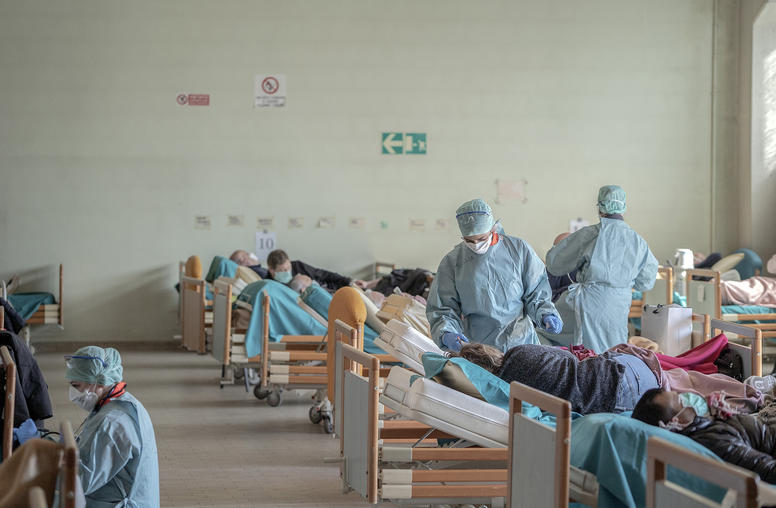
Amid Global Coronavirus Outbreak, What About Refugees?
With COVID-19 officially labelled a global pandemic, the focus for many countries has turned toward protecting their most vulnerable populations. But what about camps for refugees and internally displaced persons (IDPs)? Many camps lack the resources to maintain their already poor infrastructure, and the threat of a COVID-19 outbreak puts millions of displaced persons in a dangerous position. USIP’s Fouad Pervez looks at the unique risks that COVID-19 poses to refugees and IDPs, the impact an outbreak among these groups would have on the global pandemic, and what the international community can do to protect them.
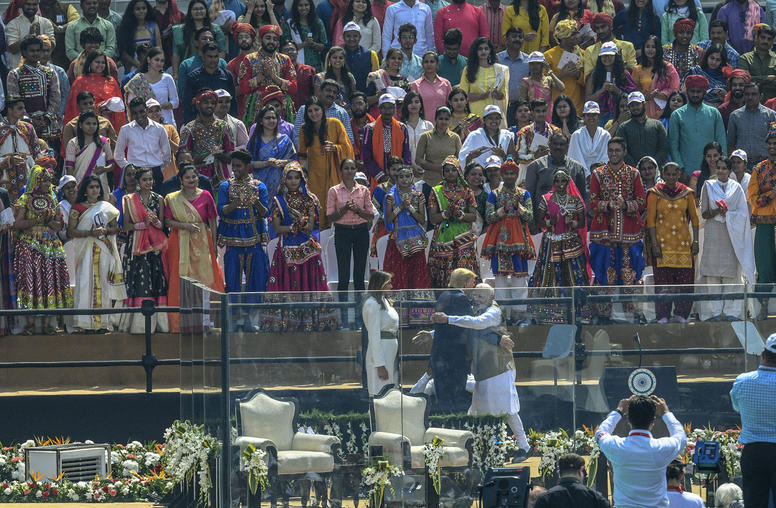
Four Things to Know About President Trump’s Trip to India
President Trump’s recent trip to India yielded no progress on a bilateral trade agreement, one of the main issues both leaders hoped to address. Despite the trade impasse, both President Trump and Indian Prime Minister Narenda Modi used the two-day trip to reinforce the positive relationship between the U.S. and India, as official discussions finalized several defense and energy deals. USIP’s Vikram Singh looks at the state of trade talks, the possibility of U.S. mediation in Kashmir, India’s regional stance on the Afghan peace process, and how China’s growing global influence impacts U.S.-India relations.